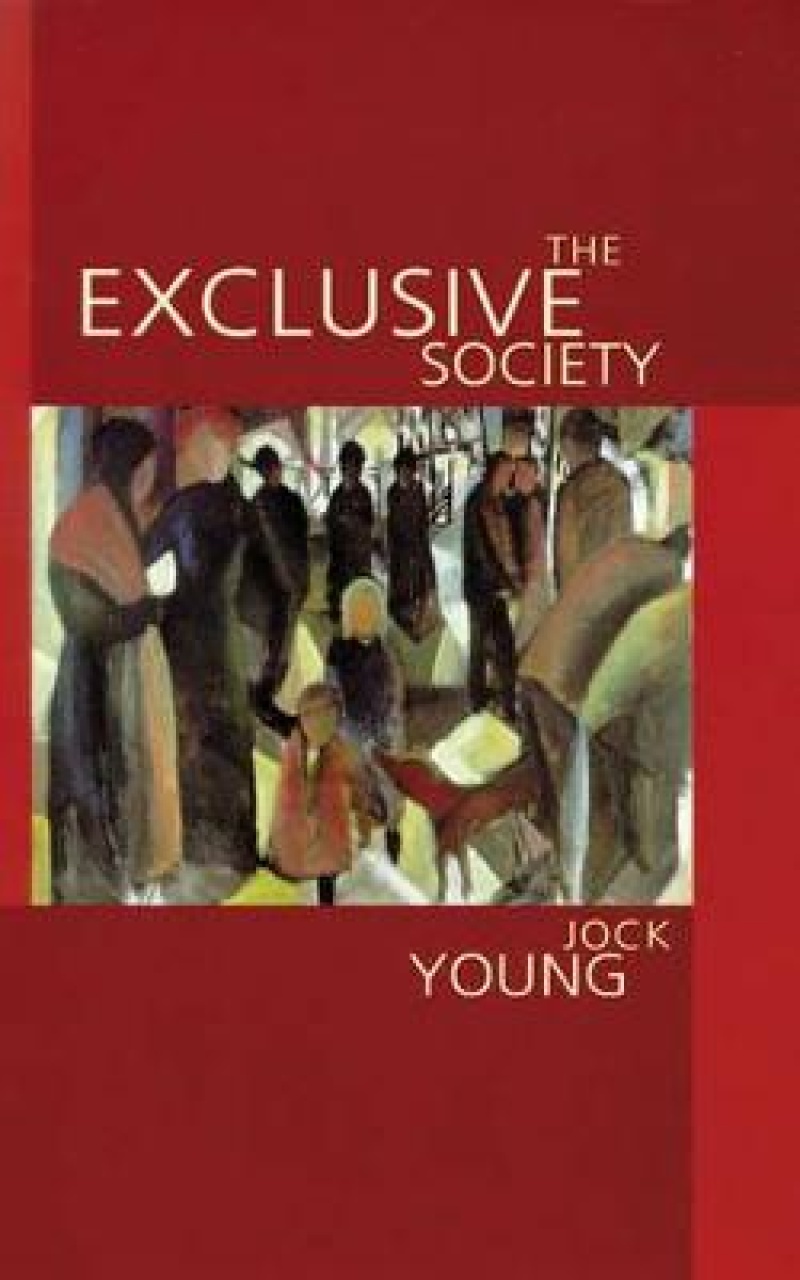′<b>The Exclusive Society </b>is another tour de force. I am deeply impressed by the rare combination of breath-taking erudition, mastery of the so-called fact of the matter and clarity of both purpose and presentation, all that topped up with supreme argumentative power, a mixture which has become over the years Jock Young′s trade mark - few others can manage the same mix, though many have tried′ -<i> <b>Zygmunt Bauman
</b></i><p></p>
<p><i><b>`</b>This is an ambitious work that seeks substantially to develop the theoretical base of the New Left Realist perspective and map out the connections between criminal justice policy and other areas of governance and state intervention in the late-modern age. It combines an astonishing breadth of knowledg with a subtlety of argument that stretches the reader and rewards them. There are limits to the analysis, but that is only to be expected from a book that tries to achieve so much and it must be said that any flaws are provocative and thought-provoking. This work significantly advances our understanding of the role of crime and criminal justice in contemporary society′ - <b><i>CJM</i></b></i></p>
<p></p>
<p><i><b><i>`This is cutting edge criminology which deserves a much wider readership than that which academic texts normally attract.′ - <b><i>Probation Journal</i></b></i></b></i></p>
<p></p>
<p><i><b><i><b><i>`This is a work of considerable sociological acumen, one that addresses some fundamental questions pertaining to the problem of order; combines structural analysis of ′late modernity′ with properly sensitive attention to national disparities.. and is a model of how to write politically engaged social theory. It′s the kind of book that can give criminology a good name.′ - <b><i>British Journal of Criminology</i></b></i></b></i></b></i></p>
<p></p>
<p><i><b><i><b><i><b><i>`<b>The Exclusive Society</b> is a thoughtful work that draws on a wide range of intellectual resources and shows how criminology can be enriched by attention to work in cultural studies, political science, and history.′ - <b><i>The Howard Journal of Criminal Justice</i></b></i></b></i></b></i></b></i></p>
Jock Young, one of the foremost criminologists of our time, explores exclusion on three levels: economic exclusion from the labour market; social exclusion between people in civil society; and the ever-expanding exclusionary activities of the criminal justice system.
Taking account of the massive dramatic structural and cultural changes that have beset our society and relating these to the quantum leap in crime and incivilities, Jock Young develops a major new theory based on a new citizenship and a reflexive modernity.
